Signing a lease agreement is a crucial step in renting a property in Florida. This legally binding contract outlines the responsibilities and rights of both you (the tenant) and your landlord. However, many renters skim through the document without fully grasping the implications of the various clauses. Understanding the "fine print" can save you from potential headaches and ensure a smoother tenancy.
At Korte & Associates, we believe in empowering tenants with knowledge. This guide will walk you through some of the key clauses to look for in your Florida lease agreement and explain what they mean for you.
1. Identification of Parties and Property:
This section seems straightforward, but ensure it accurately identifies all tenants living in the property and provides the correct address of the rental unit.
2. Lease Term:
This clearly states the start and end dates of your tenancy. Pay attention to whether it's a fixed-term lease (e.g., one year) or a month-to-month agreement, as this affects the notice required to terminate the tenancy.
3. Rent and Payment Terms:
- Amount and Due Date: This specifies the exact amount of rent you owe and the date it's due each month.
- Payment Methods: Understand the accepted methods of payment (e.g., check, electronic transfer) and any specific instructions.
- Late Fees: Florida law allows landlords to charge reasonable late fees. Your lease should clearly outline the amount of the late fee and when it will be applied. According to Florida Statutes § 83.808(3), a late fee is considered reasonable if it is no more than $20 or 20% of the monthly rent, whichever is greater.
- Consequences of Non-Payment: This section may outline the landlord's right to issue a 3-day notice to pay or vacate if rent is not paid on time.
4. Security Deposit:
- Amount: Florida law does not limit the amount a landlord can charge for a security deposit, but it's typically one or two months' rent.
- Storage of Deposit: Your landlord must notify you within 30 days of receiving your security deposit how it's being held (either in a non-interest-bearing account, an interest-bearing account, or posted as a surety bond).
- Return of Deposit: Upon moving out, your landlord has 15 days to return your security deposit with accrued interest (if applicable) if there are no deductions. If deductions are made for damages beyond normal wear and tear, the landlord must notify you in writing within 30 days, explaining the reasons for the deductions.
- Wrongful Withholding: If you believe your security deposit was wrongfully withheld, you have legal recourse.
5. Maintenance and Repairs:
6. Rules and Regulations:
This section may include rules regarding pets, noise levels, parking, use of common areas, and other restrictions. Make sure you understand and can comply with these rules.
7. Subleasing and Assignment:
This clause will specify whether you are allowed to sublease the property (rent it out to someone else) or assign the lease to another tenant if you need to move out early. Florida law generally requires the landlord's consent for subleasing or assignment.
8. Landlord's Right of Entry:
Florida Statute § 83.53 outlines when a landlord can enter your rental unit. Generally, they must provide you with at least 12 hours' notice before entering for non-emergency reasons like repairs or inspections. Exceptions exist for emergencies or if you give consent.
9. Termination Clause:
This section explains the conditions under which either you or the landlord can terminate the lease early. It will outline the required notice periods and any potential penalties for early termination. Note that Florida law doesn't provide extensive protections for breaking a lease early unless specified in the lease or under specific circumstances like active military duty. Landlords can include a clause specifying a penalty for early termination, which cannot exceed two months' rent.
10. "As-Is" Clause:
If your lease contains an "as-is" clause, it typically means you accept the property in its current condition. However, this does not absolve the landlord of their responsibility to maintain a safe and habitable dwelling.
Understanding your Florida lease agreement is essential for a positive renting experience. Don't hesitate to ask your landlord questions before signing, and if you encounter any clauses you don't understand or have concerns about, it's always wise to seek legal advice.
If you have questions about your Florida lease agreement or are facing a landlord-tenant dispute, the experienced attorneys at Korte & Associates are here to help. Contact us today for a consultation.



